Best Ways to Reduce Dark Spots On The Face
By Dr. Raina N. Nahar +2 more

Get,

to manage your symptom
Get your,


4 Cr+ families
benefitted

OTP sent to 9988776655



You’ve successfully subscribed to receive
doctor-approved tips on
Whatsapp

Get ready to feel your best.

Hi There,
Download the PharmEasy App now!!


Register to Avail the Offer
Send OTPBy continuing, you agree with our Privacy Policy and Terms and Conditions

Hi There,
Sign up on PharmEasy now!!
Trusted by 4 crore+ families

OTP sent to 9988776655



You have unlocked 25% off on medicines




Code: NU25
By Dr. Raina N. Nahar +2 more
Table of Contents
Looking good and having a great skin is a dream almost everyone has. We all want a clear face just like our favorite celebrities, but sometimes having dark spots on the face can negatively affect our appearance.
These dark spots are patches of increased pigmentation on skin, which may become very stubborn and difficult to get rid of, leaving you wondering what to do for these. But before you head out for any treatment, you can try some home remedies to deal with these dark spots. And this is what our blog is about! Here, we’ve compiled a list of a few simple items that can help reduce the dark spots on your face and give you the glow you’ve always dreamt of. So, let’s go ahead.
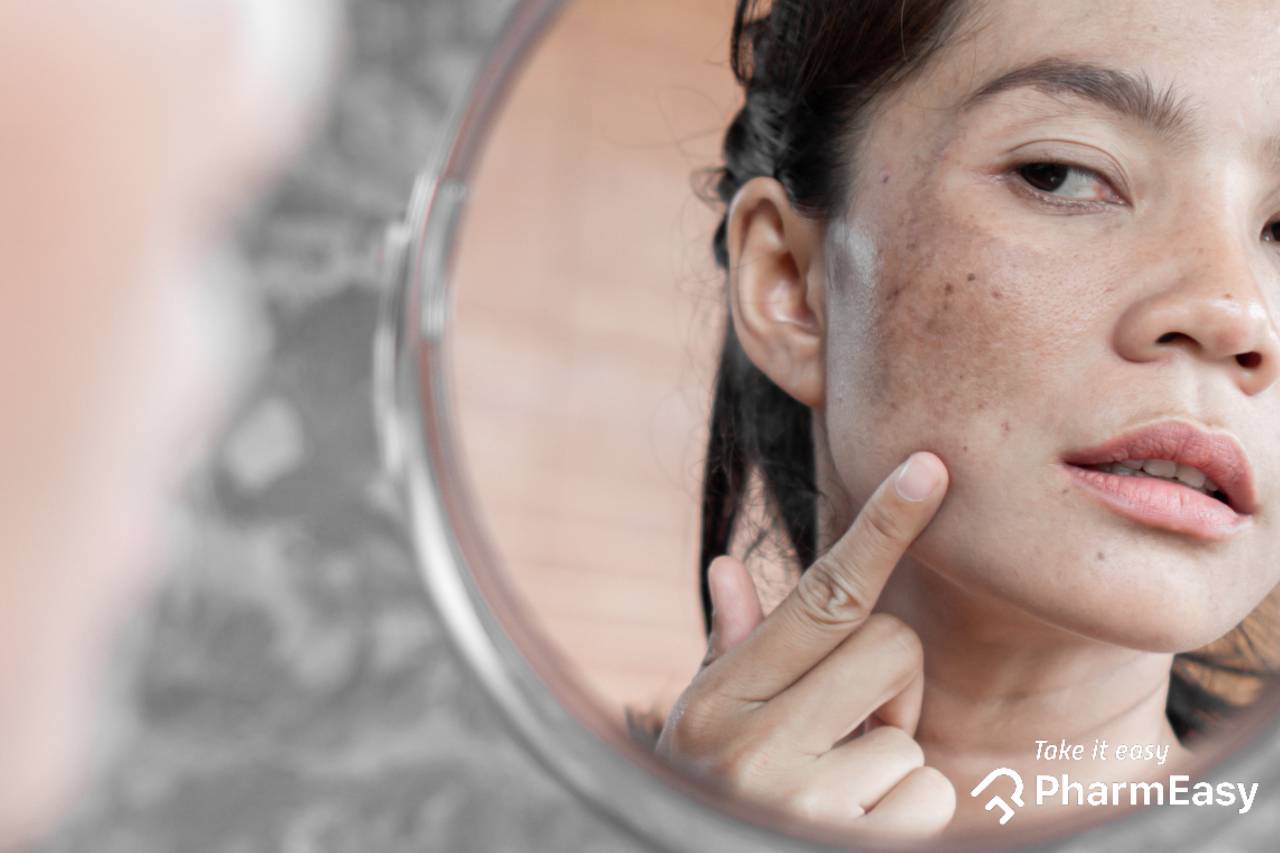
Dark spots or hyperpigmentation occur when your skin overproduces melanin. This forms spots or patches on your skin that are darker than the surrounding areas.
Multiple factors may contribute to hyperpigmentation or dark spot including1:
These spots are usually harmless, but finding out the cause is essential as sometimes it may be due to an underlying medical condition, which needs to diagnosed and managed appropriately by a doctor.
Although there are several treatments and procedures available these days to eliminate dark spots, but if you’re looking to deal with these naturally, there are some simple home remedies that can help. However, note that currently there’s a lack of major scientific support for the effectiveness of these remedies, yet research is underway, and initial results are promising.
So, here are some famous remedies to try out at home to deal with your dark spots.
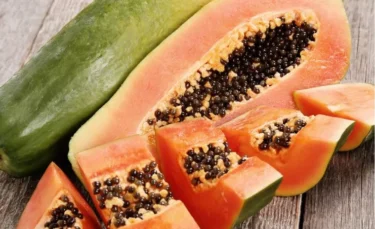
Papaya is said to be useful in various conditions. For the skin, papaya can be an excellent exfoliator. Papaya contains fruit acids known as alpha-hydroxy acids (AHAs), which are even used as chemical exfoliants. AHAs are useful for dry skin, hyperpigmentation, fine lines on the face, etc2. So, papaya can help brighten and give the skin a youthful radiance.
How to use

Lemon is rich in vitamin C and antioxidants, which may help to lighten up the dark spots on your skin3. However, lemon juice, may cause an allergic reaction when you apply it to your skin as it is acidic. Hence you can use lemon juice with other mediators such as yoghurt and honey.
How to use
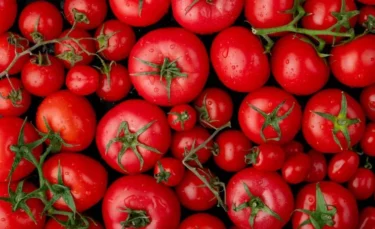
Sometimes the cause of dark spots can be overexposure to the sun. Tomatoes are naturally rich in lycopene which may protect your skin from the damage caused by sun. They are a good source of vitamins, minerals, and antioxidants too4. They can help your skin look glowing and clean.
How to use
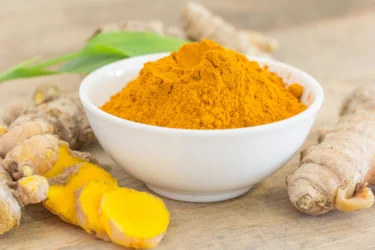
For ages, Indians have been using turmeric for cooking as well as for its healing properties. Turmeric is an essential ingredient in a skincare regimen. Turmeric has curcumin, which is an antioxidant that helps deal with inflammation and also reduces the production of skin melanin. It may lighten the dark spots and make your skin look clear5.
How to use
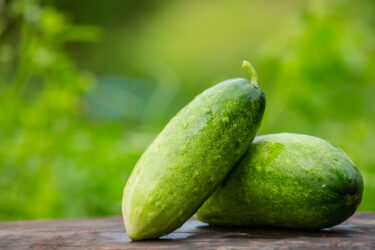
Cucumber is a rich source of antioxidants, vitamins, and silica-rich compounds that may help reduce the hyperpigmented spots on your face6.
How to use
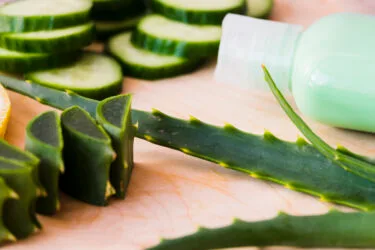
Aloe Vera is a famous remedy for skin and hair complaints. It is a naturally derived ingredient known for its soothing and moisturizing properties. Aloe Vera contains 99.5 percent water that helps to hydrate your skin magically7.
How to use
Vitamin C is a potent antioxidant drug that can be used topically in dermatology to treat and prevent changes associated with photoageing10. It can also be used for the treatment of hyperpigmentation. I routinely prescribe vitamin c containing gel for my patients for spots.
Dr. M.G. Kartheeka, MBBS, MD(Pediatrics)
Also Read: 9 Aloe Vera Benefits for Face and Skin!
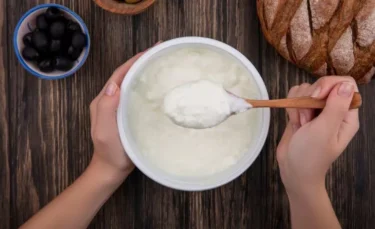
Yoghurt is a natural skin-brightening agent that helps to fade dark spots by exfoliating the skin. It is rich in lactic acid which improves discolouration and dark spots. It also helps to improve skin tone, and texture and reduce inflammation8. You can use yoghurt alone or combine it with other healing products such as turmeric or oatmeal.
How to use
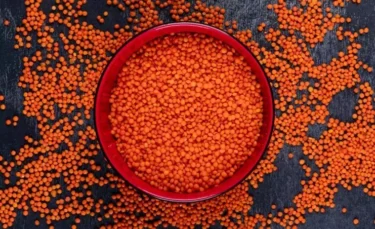
Red lentil (Masoor dal) powder can be beneficial to treat hyperpigmentation on the face. They are rich in antioxidants that are known to be good for the skin. However, more scientific studies are required to prove the effect9.
How to use
There are a variety of remedies available that are believed to help lighten stubborn dark spots. However, individual results may vary, and consistency in application is key for noticeable effects.
Also, remember to check for allergic reactions before using any of the home remedies. You can do a patch test on your forearm before applying them on your face. If you feel any discomfort, stinging, or a burning sensation, rinse off the mixture immediately with plain water, and consult your healthcare provider if irritation continues.
Dermatologists now have effective treatment procedures like different lasers and peels that may help lighten the dark spots. Do not get skin treatments from non-certified people. It’s best to visit a dermatologist’s clinic for such concerns.
Dr. Arpit Verma, MBBS, MD (Pharmacology)
Also Read: Natural Home Remedies for Hyperpigmentation
Dark spots or hyperpigmentation can affect your aesthetics as well as self-confidence, especially when they appear on the face. There are several reasons behind the occurrence these dark spots, and finding and treating the underlying cause is the cornerstone of eliminating them. Nonetheless, there are quite a few home remedies available, such as papaya, cucumber, aloe vera, turmeric, etc, that may help you get rid of these spots naturally and give you a clear and glowing skin. But while using these products, be mindful of any allergies and discontinue their use immediately if you feel any discomfort. For a more customised solution for your skin problems including dark spots, its best to consult your dermatologist.
Also Read: Simple Home Remedies For Skin Allergies and Rashes
To reduce black spots on your face at home, you can try natural remedies like applying lemon juice or aloe vera gel, using exfoliating masks with ingredients like honey or yogurt, and applying sunscreen daily to prevent further darkening. However, it’s essential to be cautious with home remedies and consult a dermatologist for personalized advice and treatment options.
Aloe vera contains compounds that may help lighten dark spots over time due to its anti-inflammatory and skin-healing properties. Regular application of aloe vera gel directly to dark spots may gradually reduce their appearance, but individual results may vary. Consistency and patience are key, and it’s advisable to complement aloe vera treatment with other skincare practices for optimal results.
Castor oil contains fatty acids and antioxidants that may help fade dark spots over time by moisturizing and promoting skin regeneration. However, scientific evidence supporting its efficacy specifically for dark spot removal is limited. It’s advisable to perform a patch test and consult a dermatologist before using castor oil extensively for this purpose.
Honey’s natural antibacterial and antioxidant properties make it a potential remedy for fading dark spots over time. Applying raw honey directly to dark spots and leaving it on for about 15-20 minutes before rinsing off may help in gradually lightening them. However, individual results may vary, and consistent application is key for noticeable improvements.
Dark spots may fade over time on their own, especially if they are caused by temporary factors like sun exposure or minor skin irritation. However, some dark spots, particularly those caused by conditions like hyperpigmentation or melasma, may persist without treatment. Consistent sun protection and skincare practices can aid in their gradual fading, but consulting a dermatologist for personalized advice is recommended for stubborn or persistent dark spots.
Vitamin A, particularly in the form of retinoids, can be effective for treating dark spots by promoting skin cell turnover and reducing melanin production. Regular use of retinoid-containing products, such as prescription retinoids or over-the-counter retinol, can help fade dark spots and improve overall skin texture and tone. However, it’s essential to use vitamin A products as directed by the dermatologist and to wear sunscreen daily, as they can increase skin sensitivity to the sun.
Dark spots on the skin, particularly in areas such as the neck, armpits, or groin, can sometimes be a sign of underlying insulin resistance, which is associated with type 2 diabetes. These spots, known as acanthosis nigricans, often indicate high insulin levels in the body. Consulting a healthcare professional for proper evaluation and management is recommended if dark spots are observed alongside other symptoms of diabetes.
Yes, dark spots can be caused by acne. When acne heals, it can leave behind marks called post-inflammatory hyperpigmentation (PIH), which are dark spots on the skin. These spots are usually temporary and fade over time, but they can persist if not treated properly.
Yes, dark spots can have a genetic component. Some people may have a genetic predisposition to develop certain types of hyperpigmentation, such as melasma or freckles. However, environmental factors like sun exposure and skincare habits also play significant roles in the development of dark spots.
Yes, dark spots can be effectively removed by laser treatments. Lasers target the pigmentation in the skin, breaking down melanin and promoting the growth of new, evenly-toned skin. Multiple sessions may be required for optimal results, and it’s best to consult with a dermatologist to determine the appropriate treatment.
Yes, salicylic acid can be effective for treating dark spots. It exfoliates the skin, promoting cell turnover and helping to fade hyperpigmentation over time. Consistent use can improve skin texture and tone, but it’s best to use it as part of a comprehensive skincare routine.
Dark spots on the skin are not necessarily cancer, but they can sometimes be a sign of skin cancer. It’s important to monitor dark spots for changes in size, shape, or color, and consult a dermatologist for an accurate diagnosis and appropriate treatment if you have any concerns.
Disclaimer: The information provided here is for educational/awareness purposes only and is not intended to be a substitute for medical treatment by a healthcare professional and should not be relied upon to diagnose or treat any medical condition. The reader should consult a registered medical practitioner to determine the appropriateness of the information and before consuming any medication. PharmEasy does not provide any guarantee or warranty (express or implied) regarding the accuracy, adequacy, completeness, legality, reliability or usefulness of the information; and disclaims any liability arising thereof.
Comments

Leave your comment...
You may also like
Comments